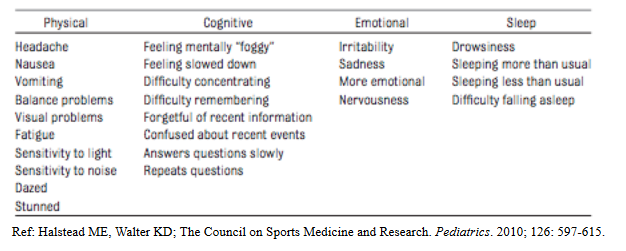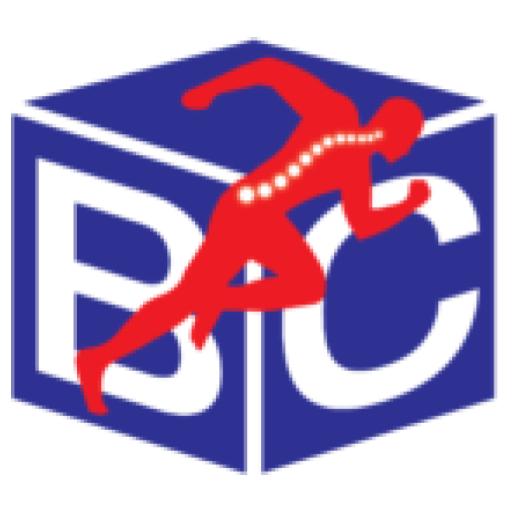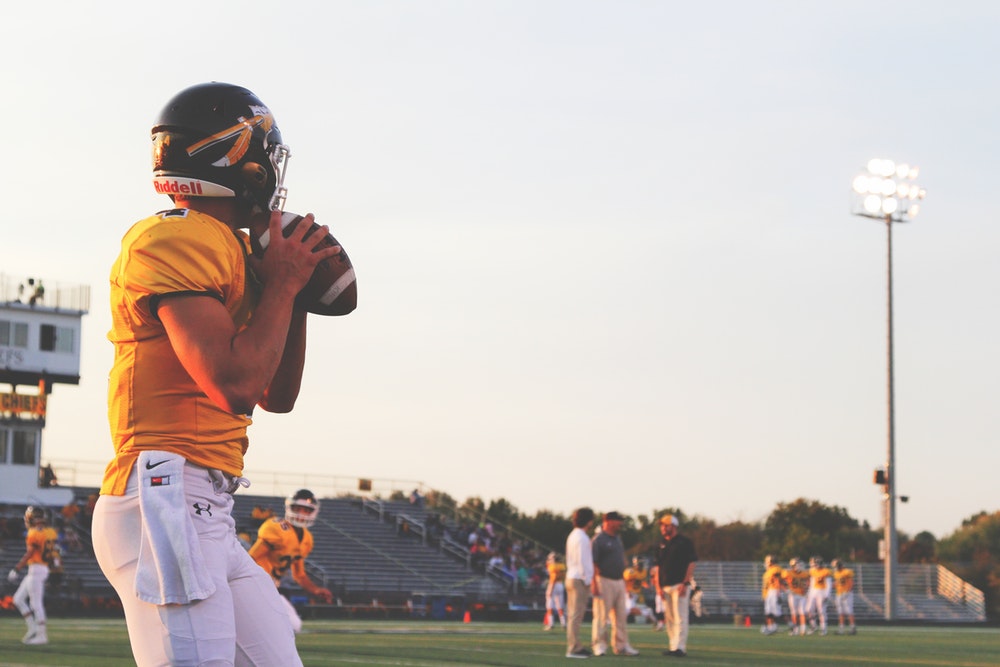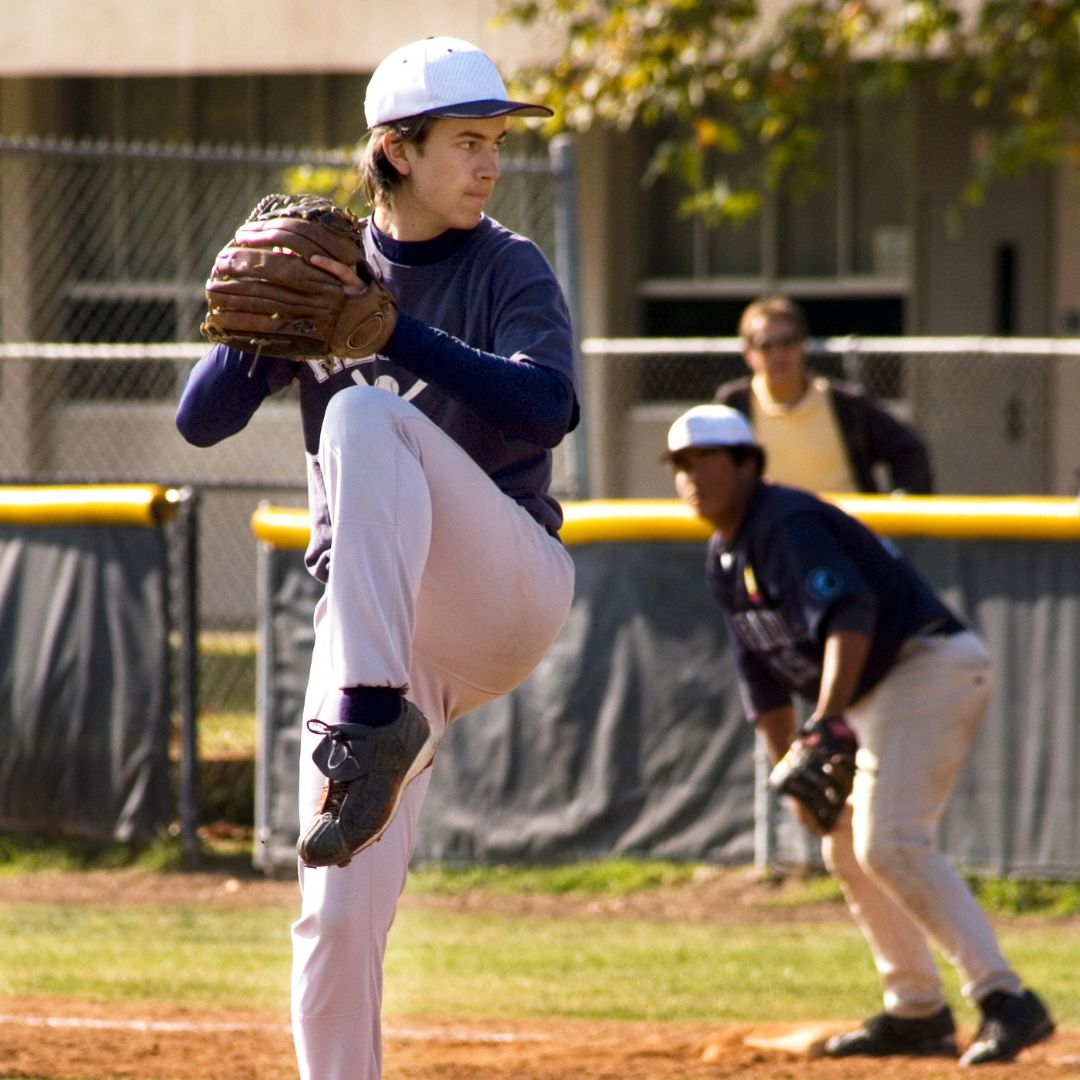Concussion
With the rise of Chronic Traumatic Encephalopathy (CTE) discussion on ESPN and other sports news networks, concussion conversations are becoming more common. Sports- Related Concussions (SRC) are the hottest topic, but that is not to override those experienced as a result of motor vehicle accidents (MVA) or other traumatic events. In this post, we will tackle concussions: their definitions, how they impact the brain and how our concussion treatment in Smithtown or Selden can help.
What is a concussion?
According to The Zurich Consensus (responsible for 3 international symposiums on Concussion in Sport), concussion is defined as “a complex pathophysiological process affecting the brain, induced by traumatic biomechanical forces”. This means that several small systems in the brain are affected and can lead to disturbances in its function and physiology.
What happens to the brain?
The injury to the brain results in increased potassium transport out of the cell while sodium and calcium are pumped into the cell. This causes depolarization (or loss of charge balance), which creates additional changes in what is being pumped into and out of the cell. Because of these alterations, a “spreading depression-like state” is created.
In order to restore the balance in the brain, the brain must use its energy stores (ATP). However, due to the trauma, the supplies may be lower, unable to match the demand. Around the same time, the calcium mentioned earlier continues to enter the cell at a higher than normal rate. This causes greater dysfunction in the powerhouse of the cell (mitochondria) and a change in the brains metabolism. This phenomenon is referred to as an energy crisis. This crisis can last up to 7-10 days (symptoms wise) but can take up to 30 days to normalize.
The stress being put on the system also creates free radicals (atoms with an odd number of electrons that can cause severe cell damage or cell death) and leaves the brain in a very vulnerable state. Furthermore, damage can also occur in the “skeleton” of the cell as well as the structures that transport signals from cell to cell. These changes are referred to as axonal injury and impaired neurotransmission.
In conclusion, there is a cascade of events that alters brain function which can leave the brain in a very susceptible position. This state of vulnerability can last up to 30 days despite symptoms disappearing typically around days 7-10. This creates discussion about when returning to a sport or normal level of activities that require significant cognition is appropriate. Our concussion treatment in Smithtown or Selden can help you evaluate your situation to get you back to normal as soon as possible.
What are the common symptoms?
There are several common symptoms of a concussion. Some of the most common include headaches, dizziness, amnesia, depression, and anxiety. To debunk a common myth, loss of consciousness (LOC) does not need to occur in order to be diagnosed with a concussion. In fact, LOC occurs in less than 10% of concussions.
Another important note is that symptoms may not occur immediately. Oftentimes, symptoms may not occur for several hours after the initial trauma. These symptoms can be divided into physical, cognitive, emotional, and sleep. The table below outlines several of the signs and symptoms found with concussions.

Who is at risk for concussions?
The top three causes of concussions are:
- Falls (most common in those 65 and older)
- Being struck by an object
- Motor Vehicle Accidents (MVA)
In our clinic, we mostly see those who sustained a concussion via an MVA or SRC from an athletic event.
Motor vehicle accidents are common causes of hospitalizations for concussions or traumatic brain injuries and can be present in nearly 25% of persons involved in crashes. Concussions can occur in crashes at low speeds but rates are greatest (by at least 10%) at speeds >34mph (55km/hr). The risk for head injuries are greatest in rollover and side accidents and are lowest in rear impacts. Seat belt use lowers the risk of brain injury by approximately 70%.
SRCs are on the rise and are responsible for 9% of high school sports injuries. There are sports that leave athletes more susceptible than others to concussions. According to The American Academy of Pediatrics (2010), concussions are highest in football, girls’ soccer, boys’ lacrosse, boys’ soccer, girls’ basketball, wrestling, girls’ lacrosse, softball, boys’ basketball, boys’ and girls’ volleyball and baseball, respectively. Another study by the National Athletic Trainers’ Association states that “per 10 000 athlete-exposures, the rates of sport-related concussion were highest in football (9.21), boys’ lacrosse (6.65), and girls’ soccer (6.11).” Despite these statistics, nearly every athlete is at risk and should take proper precaution.
Whether your concussion is due to a fall, motor accident, or sports injury, our concussion treatment in Smithtown or Selden can help.
How does our concussion treatment in Smithtown or Selden help?
A 2017 systematic review (highest level of evidence in research) supports initial “rest, cervical and vestibular rehabilitation, sub symptom threshold aerobic exercise and multifaceted collaborative care” in a rehabilitation plan for the patient. Patients benefit from collaborative care for multiple disciplines, including chiropractors and physical therapists. Often times, whiplash can be accompanied due to soft tissue reactions to the trauma. Whiplash benefits from soft tissue massage, stretching, and muscular strengthening.
Through our concussion treatment in Smithtown or Selden, we prefer to avoid pharmacologic intervention and we do our best to treat with our hands, modalities, therapeutic exercise and patient/family education.
How can we help?
We are not emergency responders or athletic trainers, which are often the professions that may see the patient first. However, there are several ways our concussion treatment in Smithtown or Selden can be utilized after the initial injury to help relieve symptoms, retrain the brain and create better brain health. Below is an outline of services provided at Block Chiropractic Sports and Physical Therapy that can assist in the rehabilitation of concussion.
- Manual Therapy
- As stated above, soft tissue reactions to trauma are often involved when a concussion occurs. More often than not, there are spasms in the suboccipitals, scalenes, upper trapezius and cervical paraspinal muscles. These spasms can lead to pain at rest, pain with movement and/or severe headaches.
- Manual therapies such as soft tissue massage, myofascial release, joint mobilizations, active release technique (ART), manual stretching and postural education can be highly successful in concussion management.
- Here at Block Chiropractic Sports and Physical Therapy, our providers for concussion treatment in Smithtown or Selden are highly experienced in these manual therapies with additional certifications in ART and Graston Technique®.
- Vestibular Rehabilitation
- Vestibular dysfunctions can be responsible for symptoms such as vertigo, dizziness, and imbalance. Research supports the addition of vestibular rehabilitation in the treatment of concussion. This entails retraining the brain’s awareness in space and its reaction to changes in position.
- If true vertigo is present, our therapists practicing concussion treatment in Smithtown or Selden are trained in the Dix-Hallpike test and Epley Maneuver to properly diagnose and treat dysfunction, respectively.
- Return-to-Sport Program
- Therapists in our clinic have had significant success in returning athletes to their sport after concussions. We use a protocol provided by the Sports Concussion Institute. It is a graduated protocol involving 5 levels with specific requirements for progression. Using this protocol, athletes can return in as little as 5 days after beginning concussion treatment in Smithtown or Selden.
- It is recommended that patients be cleared by MD and/or neurologist before beginning this step in recovery. As stated above, it is highly recommended the athlete remain out of their sport for at least 7-10 days to allow for proper brain healing.
- Supplements
- Omega-3 Fish Oil Protocol – It is important to note that not all fish oils are the same. The most successful in assisting with concussion healing are those in triglyceride form (instead of ethyl ester) to prevent digestion. Also, the product should be “molecularly distilled and pharmaceutical grade.” Unfortunately, over-the-counter products may not provide fish oil at this level. Here at Block, we offer only the highest quality of Omega-3 that is guaranteed to ideal concentration for healing.
- Inflammatone (Inflam) – This supplement is a combination of the most powerful and safe anti-inflammatory herbs and enzymes. Inflam is a natural way to fight inflammation instead of using prescription or over-the-counter drugs. This contains Turmeric, Boswell, Ginger and other enzymes that support the reduction of inflammation.
- Education
- Education is key when it comes to SRCs and making sure the patient, family and other health professionals involved are confident the athlete is safe to return to sport. Societal pressures on athletics are high and the eagerness to return can often mask professionals to returning the athlete too soon. Our concussion treatment near Smithtown or Selden wants to ensure you are educated about you or your child’s concussion leading into treatment.
- Education on the following should be implemented into treatment:
- Etiology of concussion
- Common symptoms and red flags
- Common timeline of healing
- Posture
- Proper return to activities of daily living and/or sport
What can you do now to protect yourself and your young athlete?
- Omega-3 Fish Oil – Fish oils are made up of the came components necessary for brain development and function. They contain elements called polyunsaturated fatty acids, which when low are correlated to memory loss and depression. These are two side effects of a concussion. Therefore, by providing the brain with optimal nutrition pre-injury, you improve its strength and ability to withstand trauma.
- Strength and mobility training – It has been found that for every pound increase in neck strength, the risk for concussion decreases by 5%. This supports the benefits from strengthening neck and postural muscles to help protect from a concussion. Another way to accomplish this would be by playing multiple sports rather than specializing in one. By specializing in a single sport, you only develop muscles necessary for everyday use in that specific sport. By playing multiple sports, you allow the body to develop different neural pathways and instincts that will protect from unprotected and unpredicted hits.
- Wear your seatbelt and drive the speed limit – As stated earlier, wearing your seatbelt can reduce the risk of concussion in an MVA by nearly 70%. Research also states that accidents occurring in as low as 25mph can cause serious damage to the brain. Risk significantly increases above 35mph. It is important to be aware of your surroundings, drive distraction-free, follow the rules of the road and wear your seatbelt.
- Get checked immediately – Our concussion treatment in Smithtown or Selden understands that after a car accident or after an athletic injury, most people want to toughen it out or believe symptoms will reside on their own. It is important to get checked immediately and relieve symptoms quickly for optimal healing. By decreasing muscle spasms, increasing mobility, improving nutrition and getting the proper rest needed, the body can heal faster and stronger. If you are a parent, this means getting back to work and daily duties quickly. If you are reading for your young athlete, this will allow your child to return to sport quicker and stronger in hopes to prevent any further damage with repeated injury.
Please feel free to stop by Block Chiropractic Sports and Physical Therapy to get on the right track with nutrition, strengthening and overall education on the brain and spinal health to prevent complications from a concussion. Our concussion treatment in Smithtown or Selden is dedicated to helping those suffering from head injuries. We hope no one experiences this injury, however, we would love to educate you on prevention to help protect you from serious damage, or successfully rehab you to return to sport. Additionally, preventive measures for the young athlete to help brain acuity, neck strength, postural strength and the balance will allow him or her to succeed and remain in the game longer.





